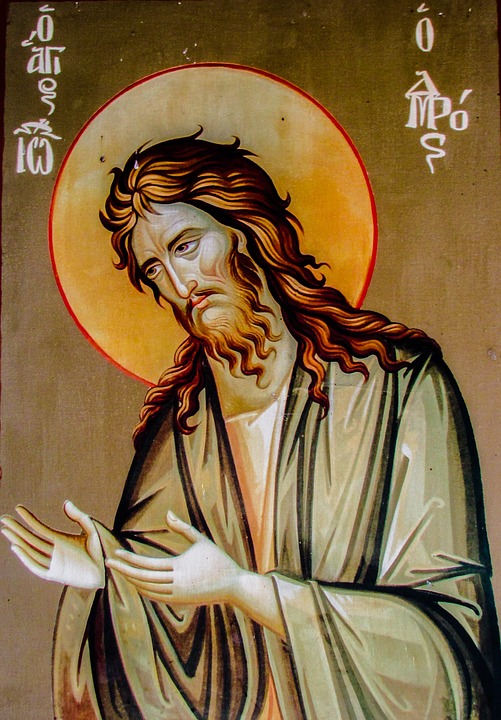
Every year. we hear the salvation story at Easter . God loved us so much that he sent his only son to die for our sins.
Our salvation involved Jesus’ death, so his death was predestined. So, someone – some human – had to somehow be complicit in Jesus’ death?
When Judas came to realize what he had done – that he had betrayed Jesus such that this betrayal was to involved in the circumstances of Jesus’ death – he took his own life.
Given that it seems that one of us – some human – had to somehow be complicit in Jesus’s death…. Hmmm…. This raises difficult questions about the circumstances involvingJudas.
It’s fine for God to decide to die for our sake. But to necessitate that some human(s) be complicit? Have some human(s) end up with Jesus’ betrayal on their conscience? How fair is that?
When I raised this for discussion with someone recently, I heard it argued that Judas had free will. He didn’t have to betray Jesus. Further, Judas repented to the chief priests and elders when he realized the consequences of what he had done (that Jesus was to be crucified). But, somehow someone had to be complicit in Jesus’ death (betrayal, hanging Christ on the cross)? So, someone was going to have this on their conscience – somehow? I also heard it said that free will means that Judas didn’t have to take his own life. He could have asked God for forgiveness (in fact, he did go so far as repenting to the chief priests – Matthew 27: 1 – 10).
What would you or I have done if we saw that we had betrayed Jesus toward death? Would we give in to despair the same way Judas did and take our own lives? Would we request forgiveness? Become bitter? Or??? It feels to me that such a burden would be worse than being Job.
Is there a way that Christ could have died for us without any individual humans ending up with a burden heavier than Job?
It didn’t occur to me until this week – when pondering Judas’ perspective – that Judas had the option of asking God’s forgiveness rather than giving into despair to the point of taking his own life. Requesting such forgiveness would have been amazingly difficult to do!!!! It took some effort to wrap my head around this. If Judas had the option of asking for God’s forgiveness – “The Prodigal Son on a much grander scale” – then what of us?
When we fall into despair – whether because of challenging circumstances seemingly beyond our control or because of difficult results of our own choices – how well do we turn to God and accept God’s love – and redemption, when necessary – in our lives? Compared to Judas [“Anguish beyond that of (of course, innocent rather than guilty] Job!” is my new phrase to contemplate guilty Judas), what’s so impossible in our circumstances that we can’t turn to God…. and to enter into a healing relationship with God in whatever form is necessary (forgiveness, redemption, allowing God to love us toward wellness, etc.)?
Kim Burkhardt blogs at A Parish Catechist and The Books of the Ages (and a member of the Association of Catholic Publishers). If you are a new visitor, it would be great to have you follow this blog (thank you!). If you know someone who would like this blog, please share it with them (thank you!). You can also support this blog by clicking here when you are going to shop on Amazon (that lands A Parish Catechist a commission on Amazon sales).